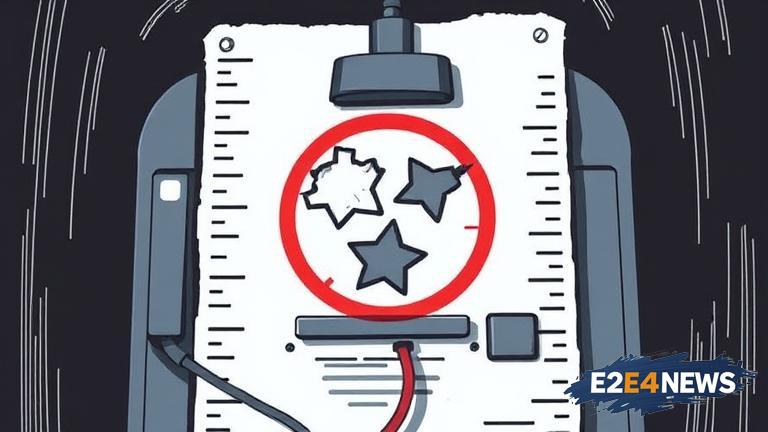In a recent court ruling, a judge has ordered the state of Tennessee to disable an inmate’s implantable cardioverter-defibrillator (ICD) during the execution process. The inmate, who has not been named, is scheduled to be executed by lethal injection. The ICD is a device implanted in the chest to regulate the heartbeat and prevent sudden cardiac death. The judge’s decision has raised questions about the ethics of capital punishment and the treatment of inmates on death row. The state of Tennessee had argued that the device would not interfere with the execution process, but the judge disagreed, citing concerns about the potential for unnecessary suffering. The American Civil Liberties Union (ACLU) and other advocacy groups have weighed in on the issue, arguing that the use of ICDs during execution is a form of cruel and unusual punishment. The case has sparked a national debate about the use of medical devices in capital punishment and the rights of inmates on death row. The inmate’s lawyers had argued that the device would cause unnecessary pain and suffering during the execution process, and that it would be a violation of their client’s Eighth Amendment rights. The Eighth Amendment to the US Constitution prohibits cruel and unusual punishment. The judge’s ruling is seen as a significant victory for the inmate and their lawyers, who have been fighting to ensure that their client’s execution is carried out in a humane manner. The state of Tennessee has not yet announced whether it will appeal the decision. The use of ICDs during execution is a relatively new issue, and there is little precedent for how to handle such situations. The case is likely to set a new standard for the treatment of inmates with medical devices on death row. The ruling has also raised questions about the role of medical professionals in capital punishment, and whether they should be involved in the process of disabling an inmate’s ICD. The ACLU and other advocacy groups have called for a moratorium on the use of capital punishment in Tennessee, citing concerns about the treatment of inmates on death row. The case is ongoing, and it is unclear how the state of Tennessee will proceed. The inmate’s execution is currently on hold pending further appeals. The judge’s decision has been hailed as a major victory for human rights advocates, who argue that the use of ICDs during execution is a form of torture. The case has also sparked a debate about the use of medical technology in capital punishment, and whether it is ever acceptable to use such devices to facilitate an execution.
